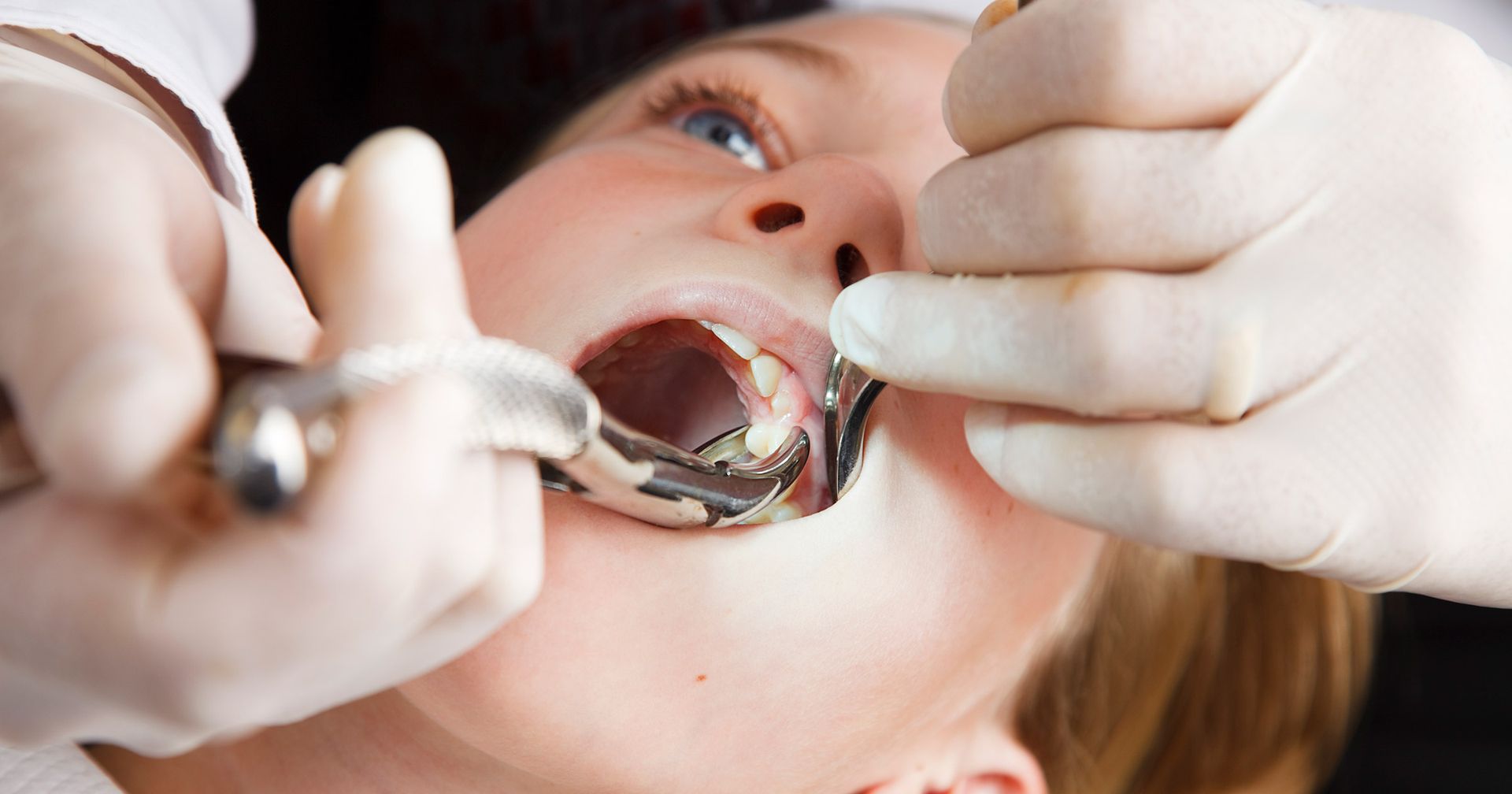Tongue Tie: Causes, Symptoms, and Treatments
If you're curious about the causes, symptoms, and treatments of tongue tie syndrome, we've got you covered. Learn more about it here!
What Tongue Tie Is
Signs and Symptoms
The most common symptom of tongue tie is the inability to breastfeed properly.
To breastfeed, babies need to latch onto the nipple and the breast tissue. For some babies with tongue tie, they cannot open their mouth enough to latch on right. If you're breastfeeding and your baby has tongue tie, they might:
- have difficulty latching on, or staying latched on.
- have issues gaining as much weight as they should, or as fast as they should gain it.
- feed for a lengthy period of time, stop for a short while, then keep feeding.
- make a "clicking" noise when feeding
- seem hungry all the time, and be restless and unsettled.
To protect the mother's nipple from damage, the tongue has to cover the lower gum. If tongue tie stops the baby from doing this, the mother will suffer with:
- recurring mastitis
- cracked and sore nipples
- reduced milk supply
There are other signs of tongue tie you should look out for. These include:
- inability or difficulty lifting their tongue or moving it side to side
- inability or difficult sticking their tongue out
- their tongue goes heart-shaped if they can stick it out.
If you notice any of these signs, you should speak with your GP. Your doctor will be able to diagnose this for you.
Tongue Tie Treatment Procedure — A Step by Step Guide
It's important that you get the issue diagnosed by your doctor. From then on tongue tie treatment is a quick and easy procedure. Here are the steps you'll need to go through:
- Your specialist will assess your child to make sure the procedure is the right course of action. At Dental Studio 4 Kids, Dr. Denisse offers new moms a free assessment as early as a few days after birth.
- To start, an assistant swaddles the child and puts them in a position that keeps the airways open.
- A laser is a safe, efficient way to release the lingual frenulum. It provides consistent, predictable tissue responses, immediate hemostasis, and quick ablation. It's precise, clear, and bloodless.
- The laser starts beneath the tongue, aiming towards the frenulum. They will avoid the floor of the mouth because it's so delicate.
- Depending on what they need to do to release the tongue, the laser will cut the required tissue. This process usually takes less than a minute.
- The child will have tongue exercises they need to do. This is to reduce the chance of the frenulum reattaching.
FAQ
Here are some common questions and their answers.
Can a Child with Tongue Tie Stick Their Tongue Out?
Yes. Tongue tie may only affect certain motions of the tongue, or it will prohibit all normal motions. It will depend on the individual case. With babies and infants, the most important movement when feeding is up, not out. This is the movement you want to pay attention to.
Must a Child Do Stretches?
Yes. Stretches and tongue exercise are vital in preventing the frenulum reattaching. But, if the tongue tie was just releasing the anterior component, stretches may not matter as much. The wounds in a lip tie or the posterior tongue tie are too close together. Without stretching in these cases, it's likely they will stick back together.
Does Tongue Tie Cause Speech Issues?
Yes. It's most common to find the letters R, S, L, Z, D, CH, TH, and SH affected, but other sounds are difficult too. Some children will be able to sound out these letters in isolation. Tongue tie treatment has been found to improve speech skills in cases where the tongue did not have sufficient freedom of movement.
Will Untreated Tongue Tie Cause More Issues?
Yes. If it remained untreated, tongue tie can cause issues swallowing firmer foods. It can also alter jaw and dental development. This includes a high palate or narrow facial structures.
Those with tongue tie can suffer issues sleeping and breathing through the mouth. There may be an increase in bloating and gas. The tongue isn't coordinating and more air gets into the body through swallowing.
With restricted movement, the tongue cannot swipe across the teeth or spread saliva. These functions are both vital for oral cleaning, so untreated tongue tie may cause dental issues later in life.
What Are the Risks?
No procedure comes without risk, but with a frenectomy they are minor. There is a chance of infection, discomfort, and numbness. There may also be ulceration or restrictive scar tissue. But all these rank as uncommon to rare.
Tongue Tie Doesn't Have to Cause a Panic
As you can see, tongue tie doesn't have to be something to panic about. Immediately speak with your doctor if you notice any of the symptoms, or think something is off.
A quick examination will reveal if the issue is tongue tie or not. And if it is, there is a quick, easy and permanent treatment.
If you're worried about tongue tie,
contact us today. At Dental Studio 4 Kids in Lutz, FL we offer pain-free laser surgery tongue tie treatment.












